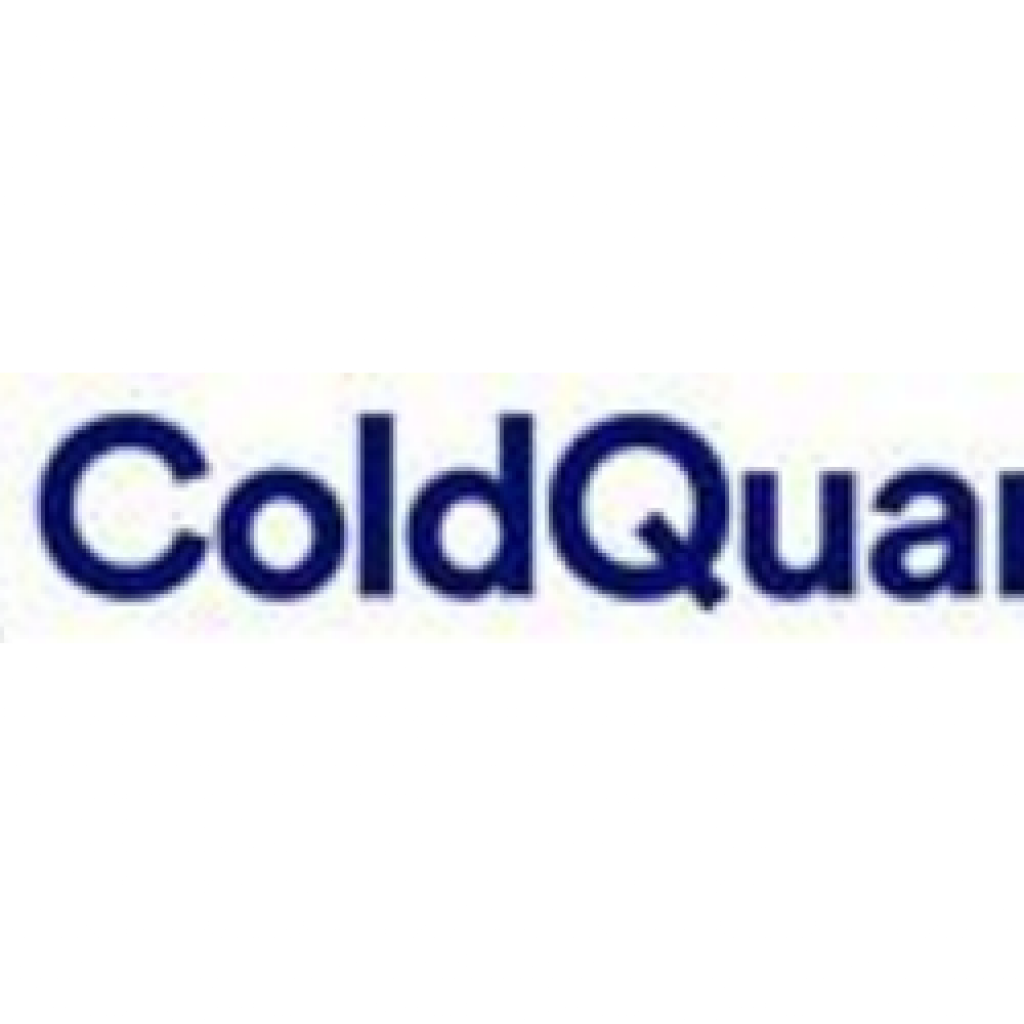(MilitaryAerospace) U.S. military researchers needed enabling technologies to advance the performance of atomic vapors for electric field sensing in applications ranging from airborne electronic warfare (EW) to naval anti-submarine warfare (ASW). They found their solution from ColdQuanta Inc. in Boulder, Colo.
Officials of the U.S. Defense Advanced Research Projects Agency (DARPA) in Arlington, Va., announced a $3.6 million contract to ColdQuanta on Monday for the Science of Atomic Vapors for New Technologies (SAVaNT) project.
NOTE: ColdQuanta is the Quantum Sensors Vertical Sponsor at IQT-NYC Online May 18.
DARPA researchers are asking ColdQuanta scientists to develop high-performance atomic vapors for electric field sensing and imaging, magnetic field sensing, and quantum information science (QIS).
For the DARPA SAVaNT program, ColdQuanta experts will investigate techniques to mitigate main decoherence mechanisms to realize the full potential of atomic vapor-based technologies. The program has three technical areas based on applications where atomic vapors should have the biggest benefit: Rydberg electrometry; vector magnetometry; and vapor quantum electrodynamics (VQED).
ColdQuanta will pursue new technologies for important military needs like low size, weight and power (SWaP); high-sensitivity electric and magnetic field measurements; and application that require scalable room-temperature quantum memories and interfaces. One challenge is to improve atomic coherence in vapors, and will depend on dominant decoherence mechanisms.
SAVaNT is a four-year program in two phases and three technical areas. The first phase focuses on demonstrating the physics of Rydberg electrometry; vector magnetometry; and vapor quantum electrodynamics.
The second phase will demonstrate an integrated benchtop physics package, and characterize technology tradeoffs of Rydberg electrometry; vector magnetometry; and vapor quantum electrodynamics.
